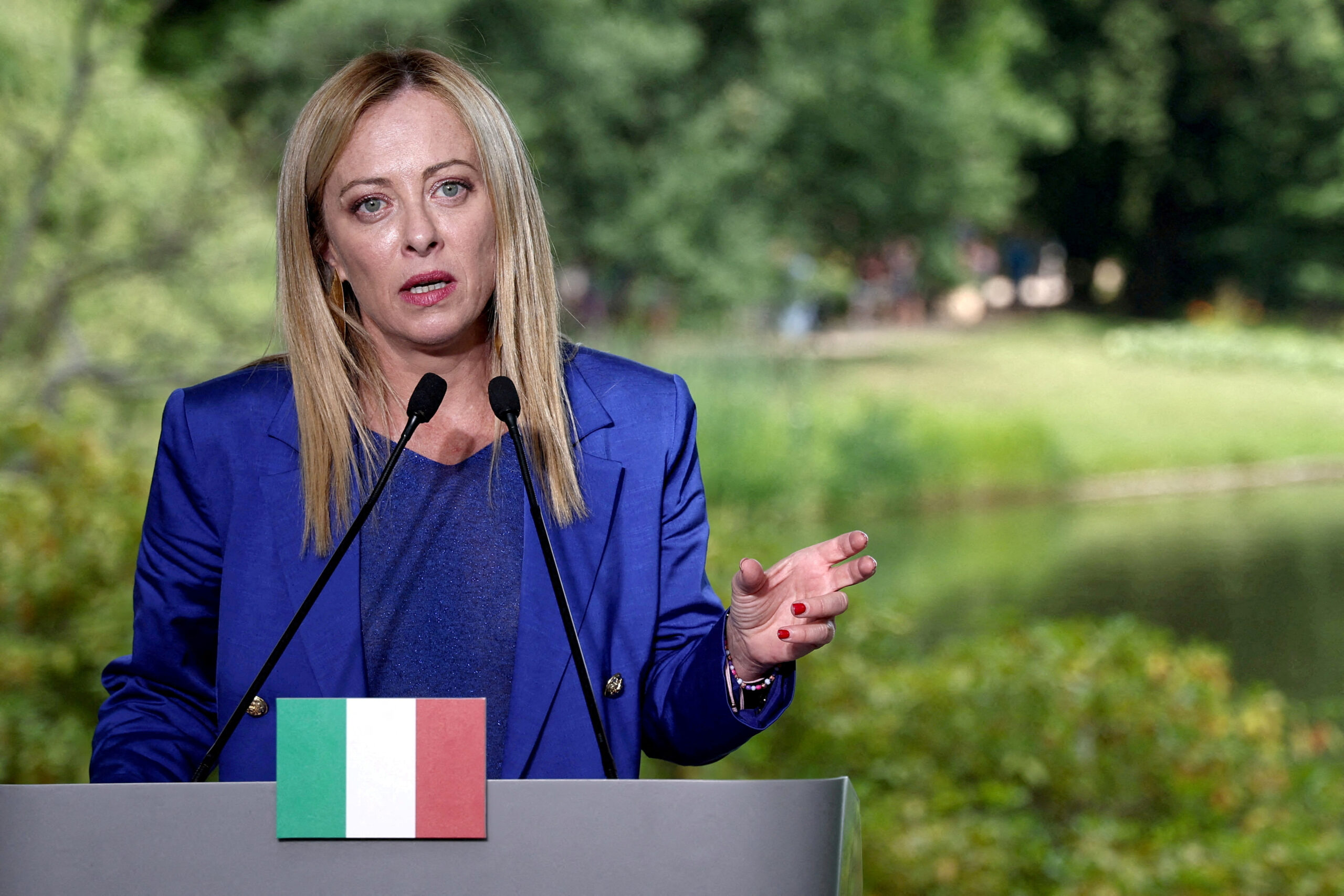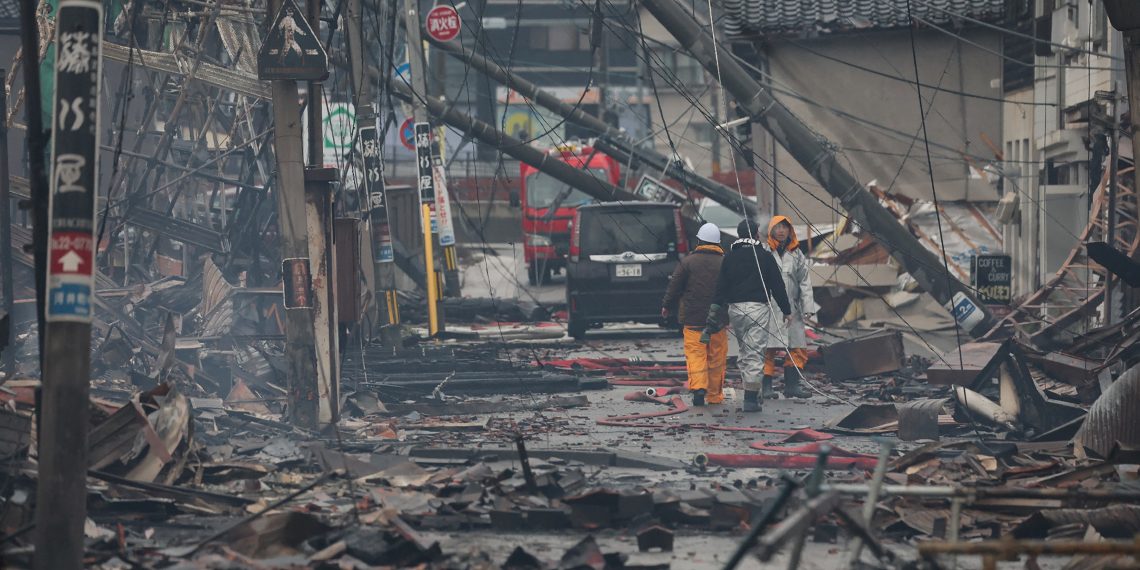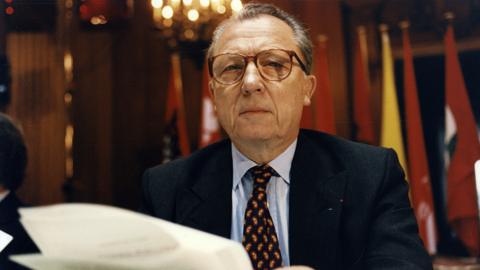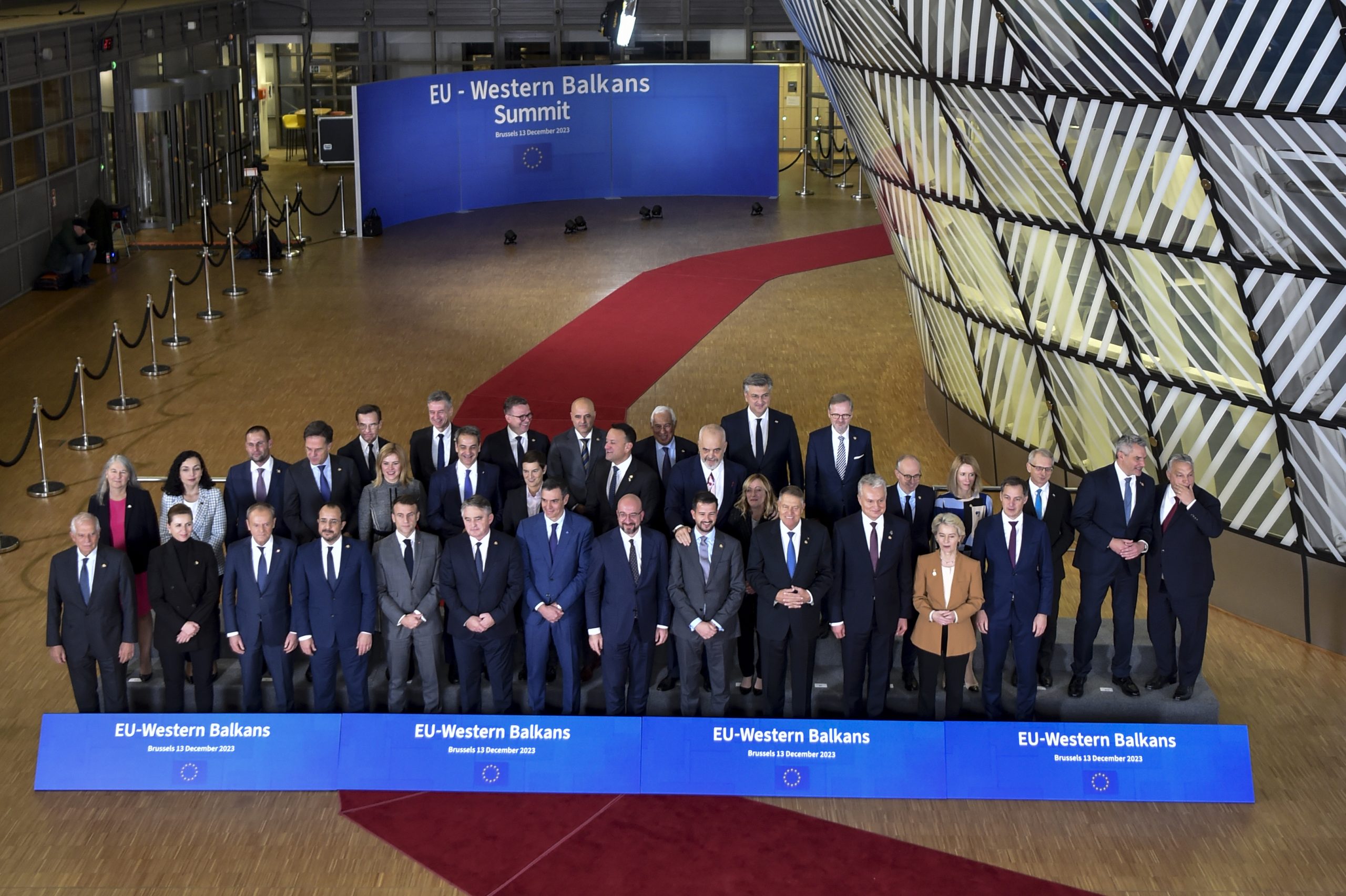The prime minister acknowledges that the negotiations are challenging. “It’s not impossible, but I can’t say there is an agreement.” “Balance sheet in chiaroscuro, we didn’t get everything we wanted” during the leaders’ summit.
Brussels – Because “positions are far apart” at the time, the Stability Pact reform for new shared norms on public accounting and expenditure management is not immediately achievable. Giorgia Meloni’s words, persuaded that we must go “hour by hour” in our quest for a solution, in which the prime minister pledges to play a positive role. At the conclusion of a European Council that she describes as “in chiaroscuro” for the final results, the chief of state departs Brussels, but not before vehemently disputing that ratification of the European Stability Mechanism reform treaty and the Stability Pact constitute a package.
At the conclusion of the meeting, Meloni informed the media, “I see this connection only in the Italian debate.” remarks that conflict with the remarks made by the Palazzo Chigi renter during the October meeting of leaders of state and government, who said, “The problem is that the Esm recalls the old constraints of the stability pact.” We can’t talk about the Esm until the new set of regulations is in place. It was she who saw a similarity, if not a direct correlation, between the two files.
Now, one of these, the Esm, is linked back to the Italian Parliament’s efforts. On December 20, the Ecofin Council will have an emergency meeting to discuss the proposed stability agreement change. Italy has requested to participate in person rather than by videoconference, at the request of Economy Minister Giancarlo Giorgetti. A reasonable and lawful request, in Meloni’s opinion. The prime minister concurs, saying, “I think having an Ecofin in place is better.” These negotiations are quite technical and sophisticated. Informal conversations are more beneficial than formal ones. These opportunities for more confrontation are invaluable, particularly at this time, as Meloni notes. Although I can’t claim we’ve struck an agreement, I don’t think it is impossible to get one.
Next, we have Italy, which Meloni reassures us once more is not going to veto. In response, she said, “I would not put it that way,” to reporters. “I don’t want to give the OK to a pact that, not only I, but no Italian government cannot then respect,” she responds. She continues by restating Italy’s demands for this game. “We are not requesting amendments to the agreement to throw money out the window, but rather to allocate the necessary funds for the strategies we as a continent have developed,” she restates. Meloni has grounds for criticism regarding Europe: Italy is not satisfied with the postponement of the joint budget review debate. Funding for immigration programmes is being blocked by Viktor Orban, the prime minister of Hungary, and his opposition. “We have not succeeded, but the answer is at hand, and I have hope that it will be discovered at the upcoming European Council.” She acknowledges in the background, “I hope it doesn’t come to that, but I think there is a plan B.” Undoubtedly, Meloni felt that “the balance sheet is in light and dark” due to the need to create a balance sheet of the summit rather than the Union. She admits that “we did not manage to get everything we wanted” as the cause. That’s another reason we keep working.










